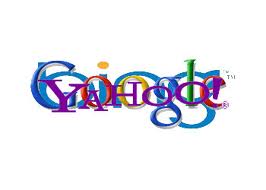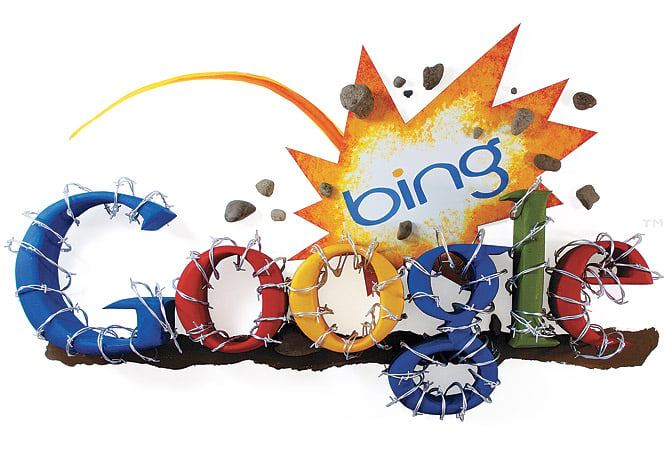
A Tested Guide to Calculating PUE Efficiency
July 23, 2012
High Speed Trading On Wall Street
July 25, 2012Can Google Be Overtaken by Another Engine?
Our latest Blog examines the battle for second place amongst the most prominent of all search engines
In todays world of new media, the way we receive, report and consume information more often than not, gets filtered through a search engine. Many of us rely on Google for just about everything we might be curious about. News, stock quotes, celebrity gossip or directions to and from somewhere. Though the majority of us have come to rely on Google as a household name, a minority of us march to the beat of a different drum (or search engine). What are the top search engine sites,? Where did they come from, and how long will there informational dynasty last? These are just a few questions we have answers for. If anything, Google’s search engine Dynasty is slowly slipping, though still not enough for any of us to believe it isn’t still the best!
As the avid followers of business tech news we are, we couldn’t help but indulge ourselves in the latest info-graphic blog by our friends at Business2community. In this case, it was a report concerning lightweight search engine, Bing and the hardly fought ground they have gained on yahoo within the first two quarters of 2012. The have been able to close the gap between them and Google, though do they have what it takes to become #1? Let’s take a look at some of the history of these search engines. When did they originate?

1996-Year of The BackRub
The founders of Google, Larry Page and Sergey Brin originally name their search engine BackRub. One year later it is re-named Google and yet, in only 3 short years, surpasses Yahoo, Magellan, Lycos, Infoseek, MSN and excite becoming the most widely use search engine on the web.
1998-Year of MSN
Only two years after Google’s inception into the internet kingdom, a new search engine by Microsoft, known as MSN Search is launched. After many re-branding attempts, MSN search is relaunched as Bing.
A Battle for Second Place
Over the next decade, search engines like Bing and Yahoo fail to surpass Google in market share. Yet finally, in 2012, Bing has surpassed it’s competitor Yahoo, trading places with it to become number 2. That’s roughly 15.3% to 13.9% in Bing’s favor. Total searches you ask? Why yes, that too they have surpassed. In March of this year, according to our friends at Bing vs. yahoo business2community.com, total searches through Bing came in at roughly 2.8 Billion to Yahoo’s 2.5 Billion. While Google hovers around 10 billion searches, we can see steady improvement for Bing and Yahoo between this year and the last.

Outsourcing The Search
As many of us have seen, powered-by searches aren’t just limited to their very own sites. Google and Bing have embedded their search tool bars on other websites. Google nabbed AOL, CompuServe, Netscape and Ask.com, while Bing has Yahoo, MSN.com, and Facebook. These web portals and social networks have proved significant both Google and Bing in terms of dedicated usage of services. Chances are many of us have used both of these search engines while logged into our Facebook or Yahoo accounts, not even noticing it. Weather you care to choose a side, you’ve probably thrown loyalty to the wind in the midst of your news or restaurant search.
Syntactic Search
To turn up the competition, both Bing and Google have offered Semantic Search options, delivering direct answers that stem from a users typed search. A example of this would be Bing’s latest partnership with Britannica.com, further employing it’s use of info-graphic power to provide well-informed answers for its users. Contrastingly, Google upped its game by designing the Google Knowledge Graph, a box on the right side of the screen that lists where you’ll find the information, where it comes from, how big it is and what it includes. Finding credible information has never been easier nor less questionable.
What Users Search For
Statistical data has shown, what users search for on Google and Bing contrasts greatly. To summarize, while Google searches seem to account for more informative or grown up ‘pop culture’, Bing searches tendered on a more youthful ‘pop culture’ search. To give an example, if one person had searched for Steve Jobs on Google another may have searched for the celebrity event Royal Wedding. Or perhaps a Google search for Iphone 5 verses a Bing search for Xbox would provide a better picture.
To sum it up, Google still remains a search engine giant in comparison to Bing, yet minority growth in this arena has been a success.

